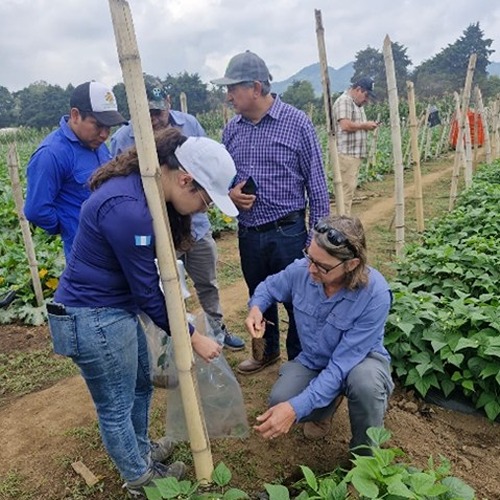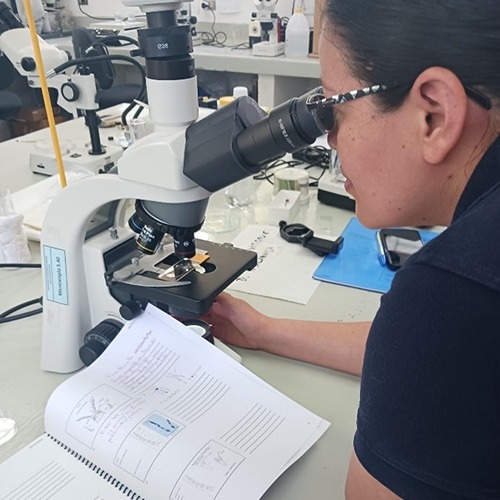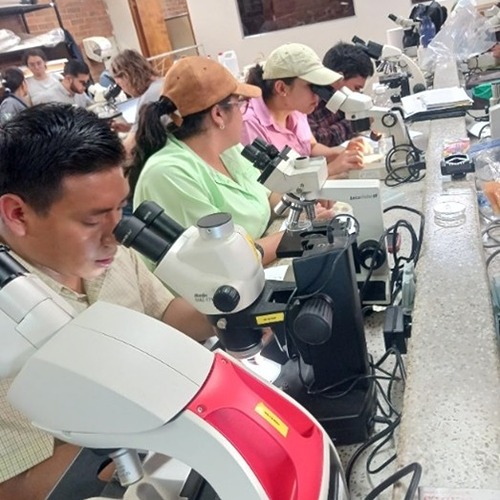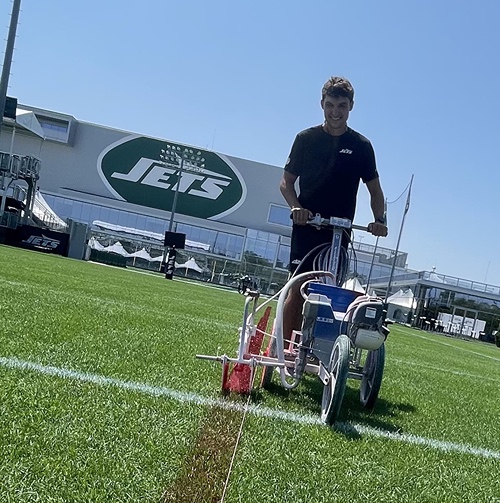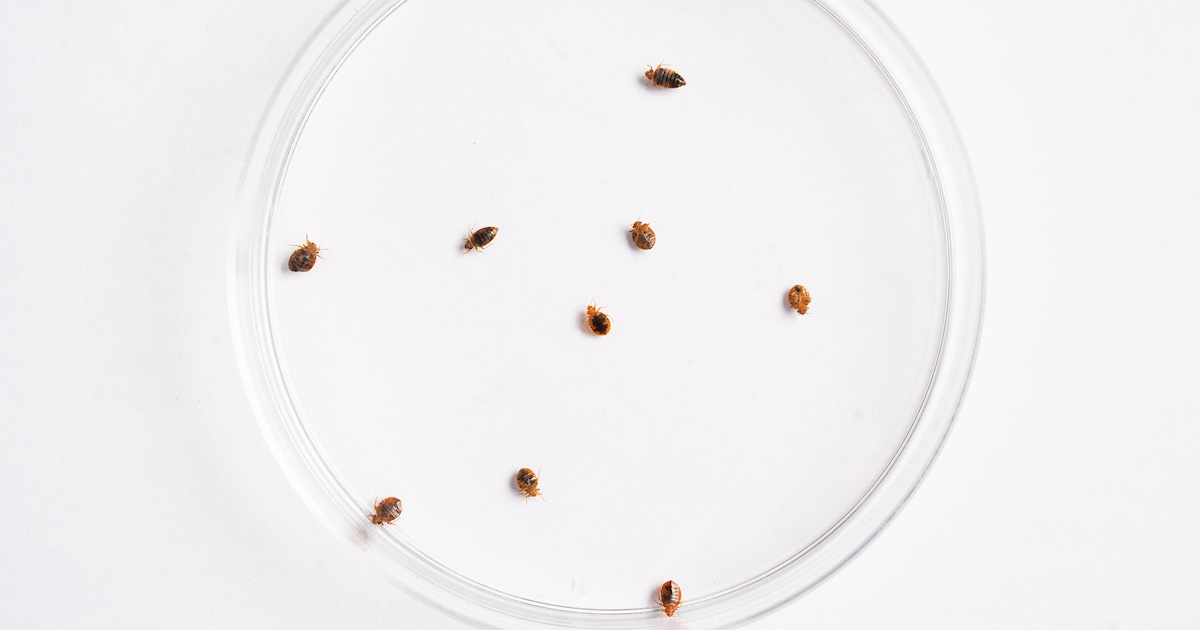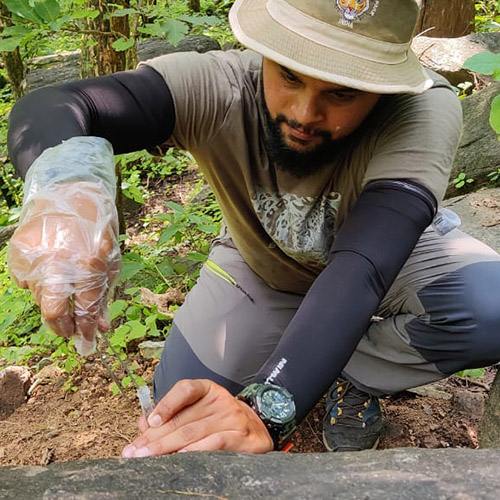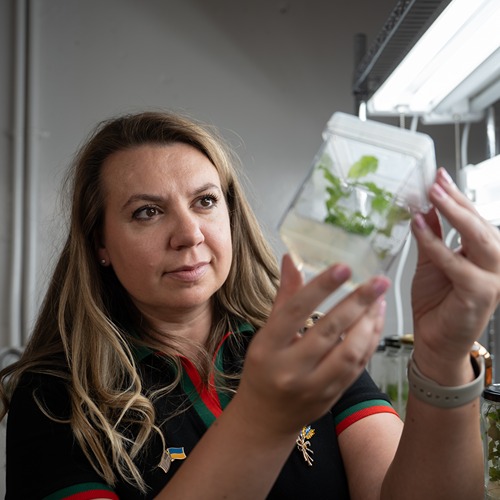Since 2023, Purdue’s Office of International Programs in Agriculture (IPIA) has provided technical assistance for Agricultural Trade and Climate Smart Innovations (ATraCSI), a $30.8 million USDA Food for Progress project designed to strengthen agriculture and trade in Central America’s Northern Triangle region, which includes El Salvador, Guatemala and Honduras.
The ATraCSI Project seeks to improve sanitary and phytosanitary capabilities in horticultural value chains. By working with government agencies, producer associations and industry partners, Purdue is helping growers in the region meet the standards required to export fresh fruits and vegetables to the United States and European markets. The university collaborates on the project with Improving Economies for Stronger Communities, a nonprofit organization with offices in all three countries.
The overall goal of the project is to increase the export of fresh fruits and vegetables to the U.S. from the countries in the Northern Triangle,” says Amanda Deering, associate professor in the Department of Food Science. “To do this they have to prove through their records that they are following all of the Good Agricultural Practices like our growers in the U.S. follow.”
Deering explained that the average farm in the region is small, so growers aggregate their avocados and other crops at central locations before sending them to packinghouses for sorting and packaging. Purdue teams have visited several testing labs to evaluate whether in-country growers can complete the necessary tests to qualify for export. The program is also working with labs to help them obtain accreditation.
Strengthening food safety and trade
“Purdue has supported partner countries by conducting diagnostic assessments to identify the technical needs of laboratories responsible for food quality and safety analyses,” said Silvia R. Vargas, postdoctoral researcher in Purdue’s Department of Animal Sciences. “We have provided training and tailored technical assistance to strengthen these capabilities.”
Vargas explained that strengthening trade between Central America and the United States requires ensuring that foods produced in these countries comply with U.S. governmental food safety standards. To facilitate more efficient trade, exporting countries must have the technical capabilities to assess the safety of their products and maximize acceptance under the strict import controls in the United States.
Vargas is currently working with the National Residue Laboratory of Honduras on the accreditation process for several analytical methods. Over the next six months, her team expects to achieve the first milestones in this accreditation phase to ensure water quality compliance. This effort will support Honduran producers in meeting key requirements under the updated Subpart E of the FSMA Produce Safety Rule, ultimately contributing to the expansion and improvement of exports of fresh agricultural products to the United States.
Purdue expertise on the ground
With support from faculty across Purdue Agriculture, the project has provided technical assistance in:
- Laboratory design, evaluation and operations
- Pest and disease management training
- Advanced horticultural production systems
- Regional conferences for knowledge sharing
The effort has also engaged postdoctoral researchers, graduate students, Extension educators and staff from Purdue and partner universities and research institutions. The project has already strengthened the capabilities of national ministries of agriculture and health, export inspectors, private sector producers, exporters and nongovernmental organizations.
“Working collaboratively across teams and borders, we’ve made significant strides in developing innovative technologies and statistical models to enhance pest risk management,” said Christian Cruz, an associate professor in the Department of Botany and Plant Pathology. “This journey has reinforced the importance of clear communication, thorough technical planning and strong international partnerships. We are confident these efforts will deliver meaningful benefits both locally and globally.”

